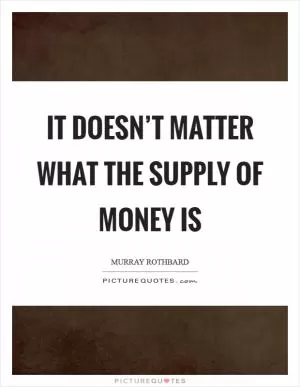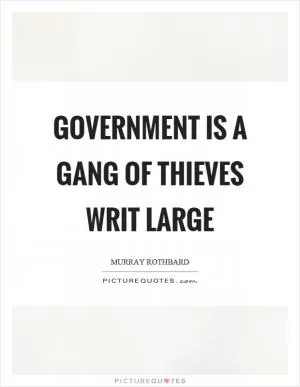
There is one good thing about Marx: he was not a Keynesian

There is one good thing about Marx: he was not a Keynesian
Murray Rothbard, a prominent economist and political theorist, was a staunch critic of both Karl Marx and John Maynard Keynes. Rothbard believed that both Marxian socialism and Keynesian economics were fundamentally flawed and dangerous ideologies that threatened individual liberty and economic prosperity.Rothbard famously quipped, "There is one good thing about Marx: he was not a Keynesian." This statement encapsulates Rothbard's belief that while Marx's ideas were deeply flawed and destructive, they were at least honest in their advocacy for socialism and the abolition of private property. In contrast, Rothbard saw Keynesian economics as a more insidious and deceptive ideology that masqueraded as a pragmatic solution to economic problems while actually serving to expand the power of the state and undermine free markets.
Rothbard argued that Keynesian economics, with its emphasis on government intervention in the economy through fiscal and monetary policy, was inherently flawed because it ignored the role of individual actors and market forces in determining economic outcomes. Instead of allowing prices to adjust naturally to supply and demand, Keynesian policies sought to manipulate aggregate demand through government spending and monetary policy, leading to distortions and inefficiencies in the economy.
Rothbard also criticized Keynesianism for its reliance on central planning and its disregard for the unintended consequences of government intervention. He believed that Keynesian policies, such as deficit spending and inflationary monetary policy, ultimately led to economic instability, inflation, and malinvestment, exacerbating rather than solving economic problems.












 Friendship Quotes
Friendship Quotes Love Quotes
Love Quotes Life Quotes
Life Quotes Funny Quotes
Funny Quotes Motivational Quotes
Motivational Quotes Inspirational Quotes
Inspirational Quotes